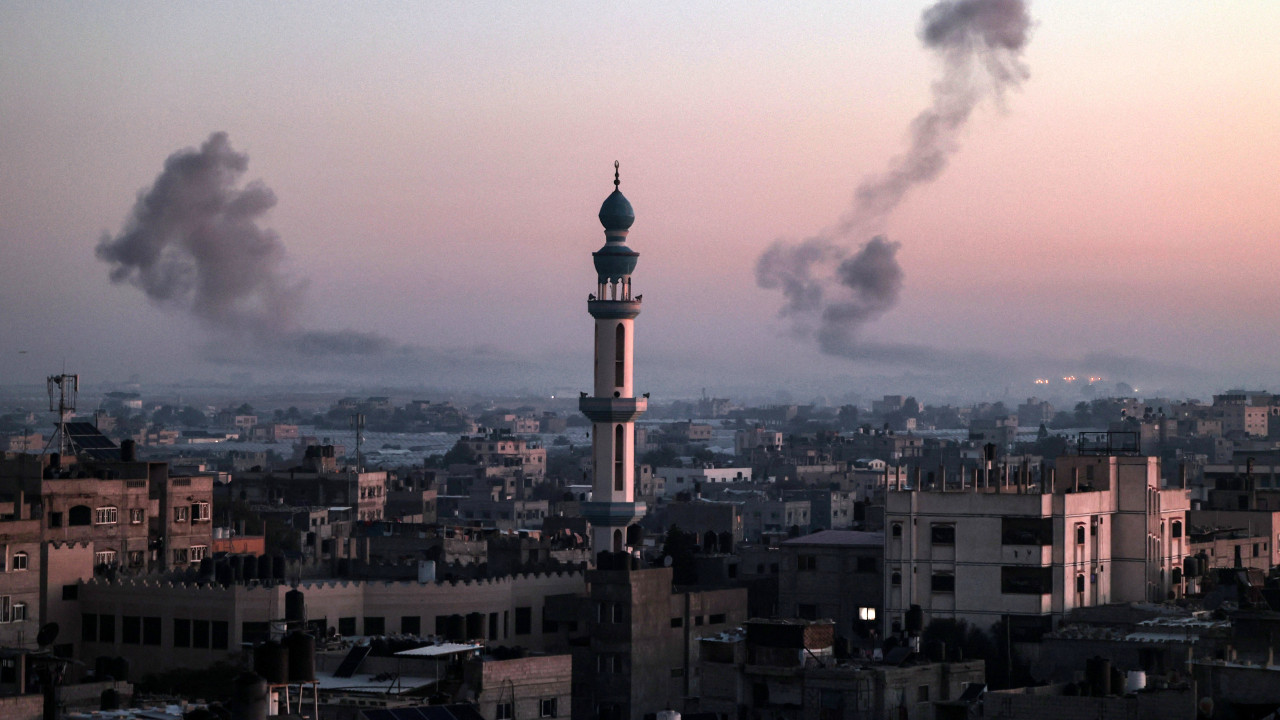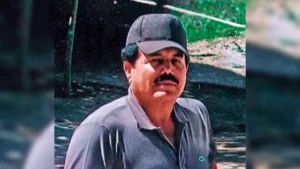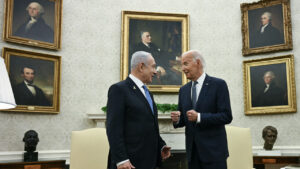
“AND You can see the fear on people’s faces,” said the WHO representative in the Occupied Palestinian Territories, Rik Peeperkorn, in a video press conference from Rafah, in the southern part of the enclave.
Peeperkorn recalled that, before the conflict, Rafah was a peaceful city with around 30,000 inhabitants, but is currently home to more than 1.5 million people displaced from northern areas of the territory devastated by Israeli attacks.
“They are crowded everywhere, in a very small space where they have built many temporary shelters”, described the specialist.
In that area, as in others in Gaza, the health system is “on the verge of collapse”, with only three hospitals in operation, although three more field hospitals have been created to extend care to the wounded and sick as much as possible.
“Hospitals are completely overwhelmed, supplies are scarce and healthcare professionals, with almost no contact with their families, need a break,” he reported.
Medical personnel, he added, are forced to perform amputations due to a lack of resources to treat patients whose limbs could be saved by surgery in a normal environment.
Denouncing the “shrinking of humanitarian space” in Gaza, the WHO representative accused Israel of continuing to “obstruct the delivery of humanitarian aid” in the Palestinian territory, devastated by the war between Israel and Hamas, triggered after an unprecedented attack by the Islamist movement on October 7th.
Since November, “only 40%” of WHO missions in northern Gaza have been authorized and “since January, the number is much lower”, explained Peeperkorn. The percentage for the south is around 45%.
The others “were refused, obstructed or delayed”, he said.
“This is absurd. Even in the absence of a ceasefire, there must be humanitarian corridors so that the WHO, the United Nations and their partners can do their work. We need to create a different, pragmatic system of distrust so that we can do the our work,” he said.
International mediators today intensified their efforts to reach a truce between Israel and Hamas, hoping to prevent an Israeli ground attack on Rafah, at the southern tip of the Gaza Strip.
“Military activities in such a densely populated area would, of course, be an unimaginable catastrophe and would expand the scope of the humanitarian disaster beyond what is imaginable,” warned Rik Peeperkorn.
The previous day, the UN’s head of humanitarian affairs, Martin Griffiths, had warned that Israeli military operations in Rafah “could lead to a massacre”.
The Hamas attack caused the deaths of more than 1,160 people, most of them civilians, according to a count by the French news agency AFP based on official Israeli data. In the October 7 attacks, the Palestinian Islamist movement, considered terrorist by the European Union, the United States and Israel, took 253 hostages, of which 130 still remain captive in Gaza.
In retaliation, Israel is carrying out a large-scale military offensive that has already left more than 28,500 dead in Gaza, the vast majority of them civilians, and tens of thousands injured, according to the latest data from the Hamas Ministry of Health, which controls the Palestinian enclave since 2007.
Read Also: Guterres doubts that the withdrawal of Palestinians from Rafah is realistic

Download our free App.
Eighth consecutive year Consumer Choice for Online Press and elected product of the year 2024.
* Study by e Netsonda, Nov. and ten. 2023 product of the year – pt.com
Source: https://www.noticiasaominuto.com/mundo/2501670/oms-avisa-que-eventual-operacao-militar-em-rafah-seria-catastrofica



